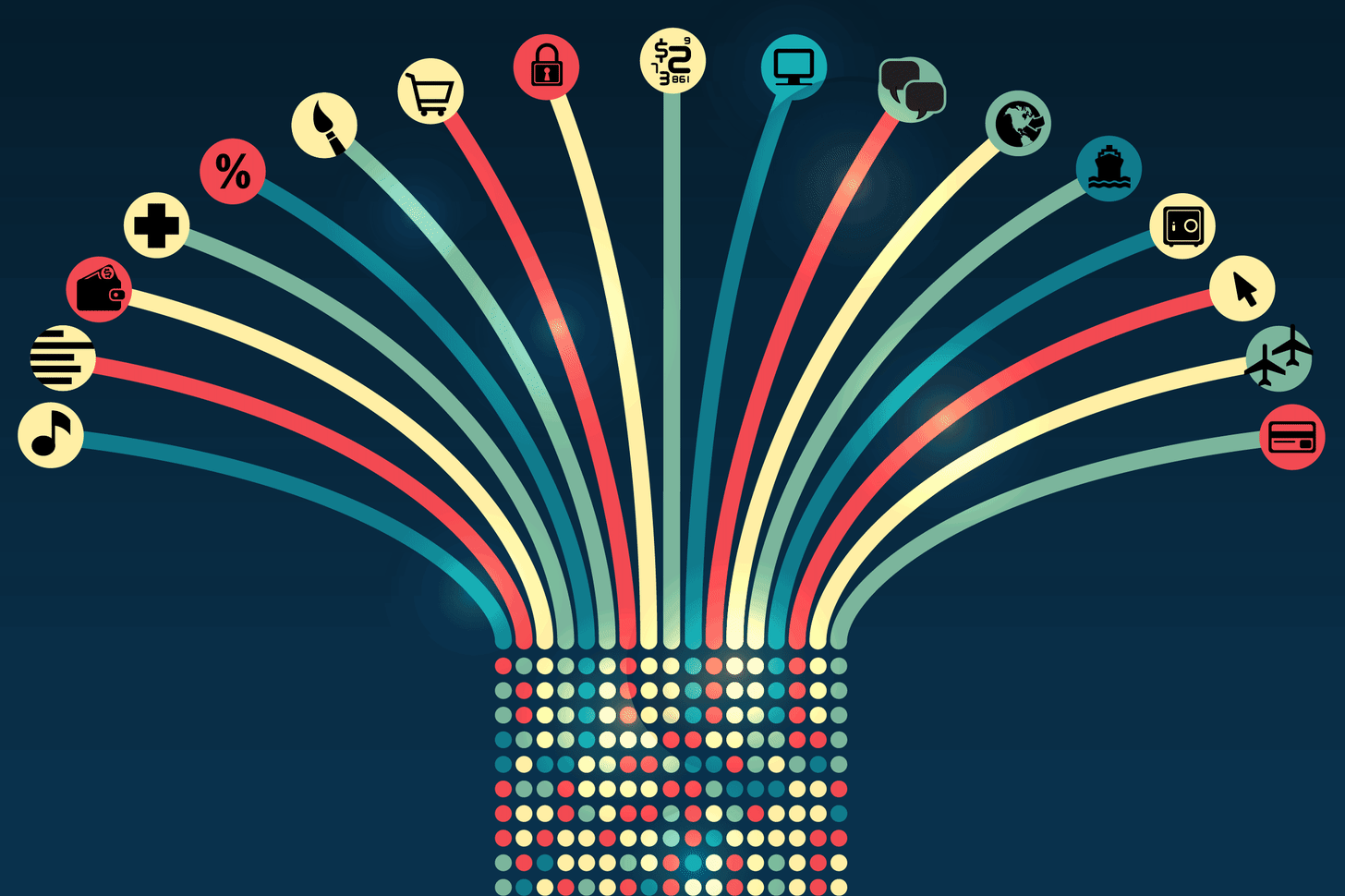AI: Google searches beyond the facts
...emotions included
In this Sunday’s "In my View” post “AI: Smart Agents & Companions…augmenting us emotionally”, I detailed how AI software and applications have “a unique opportunity to empower billions emotionally rather than just rationally” on decisions in their life.
It looks like Google is in the process of pushing on that idea with its AI initiatives.
As the NY Times outlines in this piece “Google tests an AI assistant that offers Life Advice”:
“Earlier this year, Google locked in an accelerating competition with rivals like Microsoft and OpenAI to develop A.I. technology was looking for ways to put a charge into its artificial intelligence research.
So in April, Google merged DeepMind, a research lab it had acquired in London, with Brain, an artificial intelligence team it started in Silicon Valley.”
“Four months later, the combined groups are testing ambitious new tools that could turn generative A.I. — the technology behind chatbots like OpenAI’s ChatGPT and Google’s own Bard — into a personal life coach.”
“Google DeepMind has been working with generative A.I. to perform at least 21 different types of personal and professional tasks, including tools to give users life advice, ideas, planning instructions and tutoring tips, according to documents and other materials reviewed by The New York Times.”
“Among other things, the workers are testing the assistant’s ability to answer intimate questions about challenges in people’s lives.”
Viewed broadly, they take Google beyond “AI for Search”, despite reservations by some of their internal experts:
“In a slide deck presented to executives in December, the company’s A.I. safety experts had warned of the dangers of people becoming too emotionally attached to chatbots.”
The piece goes on to detail the range of activities Google’s teams are exploring, where AI could help folks on emotional as well as rational aspects of their lives. The effort seems to be focused on providing qualitative context for the information online that could help people make decisions beyond factual information via search.
As I outlined in an earlier post, I continue to believe that Google with its pioneering AI resources, is well positioned to surpass OpenAI and Microsoft’s efforts with GPT4, ChatGPT and beyond. Google as I outlined, is plugging away in their efforts to bring AI augmented Search to a wide array of Google products and services.
Again this week, Google just announced their ambition to help people “Learn as you search (and browse) using generative AI”. This expands their “Search Generative Experience” or SGE that I’d highlighted as differentiating in that earlier post, extending those capabilities to their market leading Chrome browser (> 60% worldwide). Here’s how they explain it:
“We launched our generative AI-powered Search experience (SGE) less than three months ago, and we’re encouraged that the early feedback has been positive. Since the initial rollout, we’ve continuously made improvements to make the experience even more helpful. In fact, we recently announced updates including more images and videos in overviews, improvements to how links are displayed and more.
“Today, we’re sharing a few more upgrades to SGE to help you better learn and make sense of information on the web: whether it’s deepening your understanding of complicated concepts, boosting your coding skills or tracking down details within a complex topic.”
“See definitions within AI-generated responses”
“When you’re researching something new, or looking for an explanation of a concept, you might come across a term you don't understand or just might want more information about. To make this easier, we will soon roll out improvements to our AI-generated responses for various topics or questions related to science, economics, history and more. With this update, you’ll be able to hover over certain words to preview definitions and see related diagrams or images on the topic. From here, you can tap to learn more (see below).”
As the Verge explains further,
“Google Chrome will summarize entire articles for you with built-in generative AI”.
“Google says it’s a new feature that’s starting to roll out Tuesday as “an early experiment” in its opt-in Search Labs program. (You’ll get access to it if you already opted in to SGE, but if you haven’t, you can opt in to the feature on its own.) It will be available first in the Google app on Android and iOS, and the company is bringing it to the Chrome browser on desktop “in the days ahead.”
No more puzzling over what prompts to engineer for the right responses via OpenAI’s ChatGPT. Again, making LLM AI benefits more convenient for regular folks, in the places where they’re not just searching but browsing the web. Convenience and relevance, provided at Google Scale.
Combined with the other efforts to also provide emotional and rational advice to users for their everyday lives, Google is indeed moving ahead to leverage AI into online search and browsing efforts. Stay tuned.
(NOTE: The discussions here are for information purposes only, and not meant as investment advice at any time. Thanks for joining us here).




